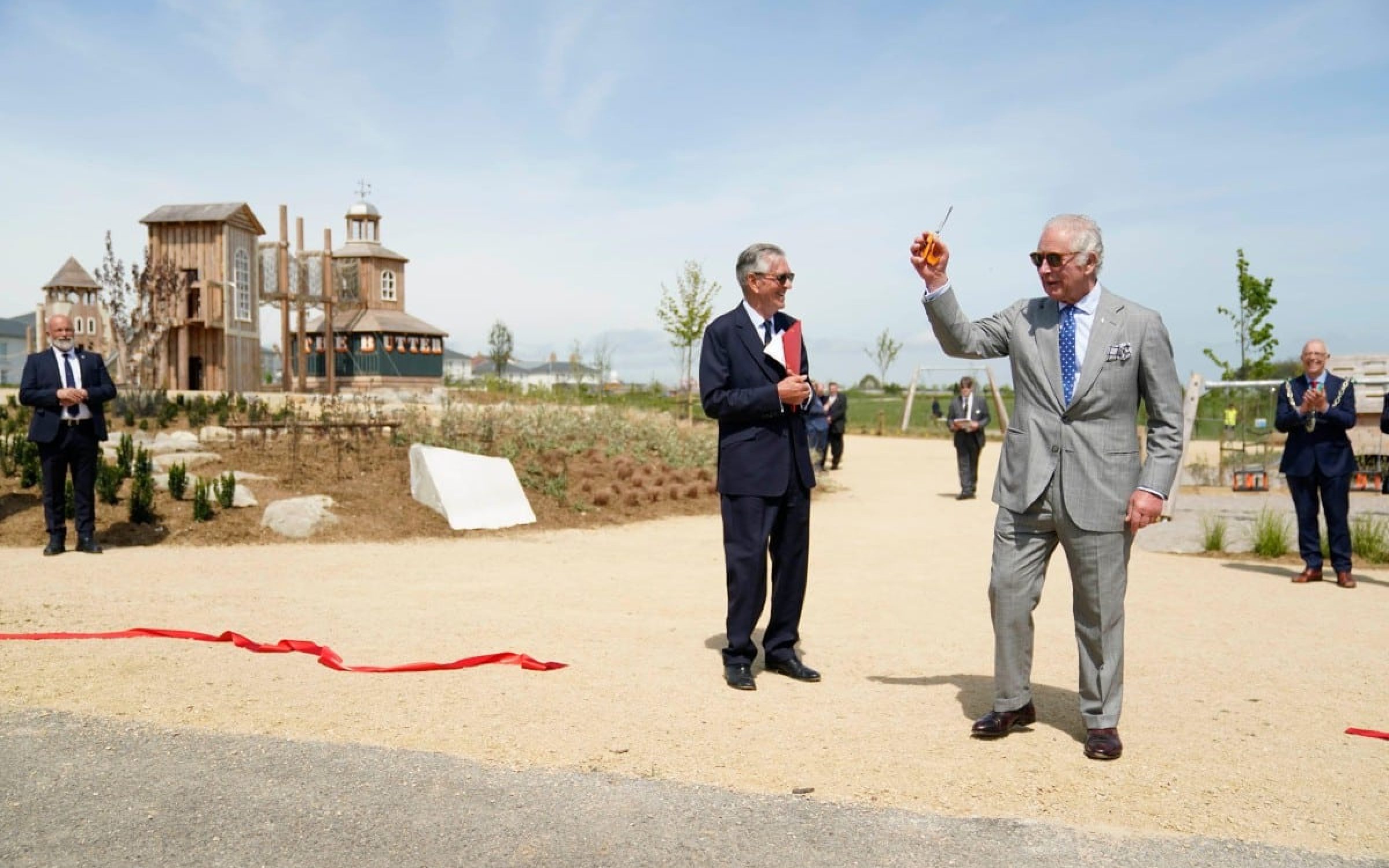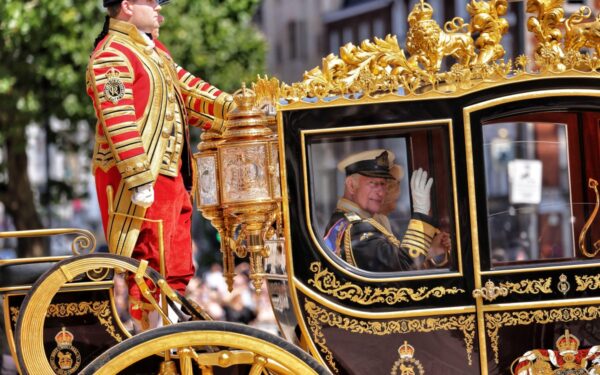“There is a deep human need for beauty and, if you ignore that need in architecture, your buildings will not last.” So wrote the late Sir Roger Scruton, a philosopher gifted with an exceptional insight into the significance of aesthetics and their influence upon the human character. He might have added that not only would such buildings not last, but neither would the communities they were supposed to serve.
It is no coincidence that the most technically advanced age so far experienced in human history is also, in terms of the built environment, the ugliest. To imagine that the omnipresent hideousness of contemporary urban structures is not a major contributor to the malaise of mental instability that afflicts the upcoming generations would be jejune. Of course, social media are a prime cause of mental health problems; but to pocket one’s smartphone and walk through a modern townscape will hardly improve one’s state of mind.





